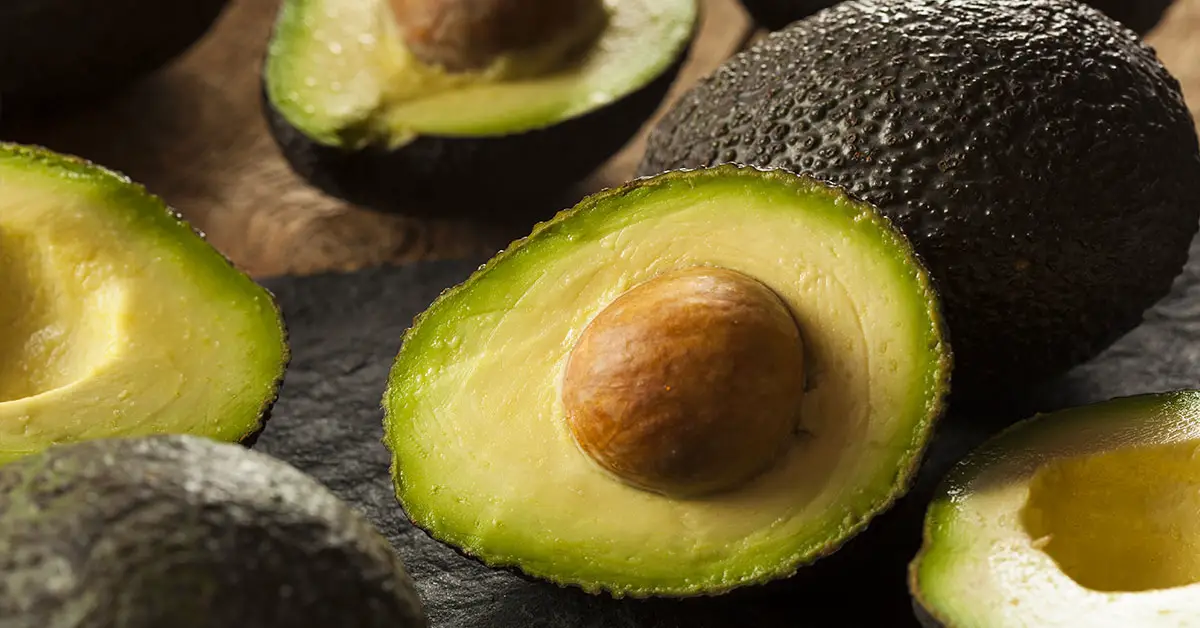Avocados are delicious, healthy, and frustratingly temperamental. You buy a bunch and wait eagerly for them to ripen, only for them to go bad. It’s almost as if avocados have a specific time frame where they are perfectly ripe — like a quarter past midnight every full moon or only on Tuesdays when it rains. Throwing the fruits out is especially painful, knowing how expensive they could be. However, if you know how to freeze avocados, you could have them fresh and green ready whenever you need them. You don’t need to constantly check them or be forced to make guac four days in a row because they all ripened at once. Once you start freezing them, you won’t know how you survived without this technique. Good news: it’s super simple!
How to Freeze Avocados
Freezing avocado slices:
- Slice the fruit lengthwise and remove the pit.
- Arrange the halves on a cookie sheet and brush with lemon juice or vinegar.
- Freeze the entire sheet overnight or at least for several hours.
- When the avocados are frozen completely, place the slices into a sealable bag using a spatula. (You should freeze the avocados in two parts like this to avoid the slices from sticking to each other in the bag.)
- Seal the bag and store in the freezer until needed.
Freezing avocado puree:
- Mash the avocado in a food processor or with a fork.
- Mix in some lime or lemon juice.
- Place the mash into a sealable bag (or multiple little bags for easy portioning) and freeze. [1]
- Alternatively, you could use small containers or even an ice cube tray for easy portion control.
How to Use Frozen Avocado
Unfortunately, there is a catch with freezing avocados. The freeze causes their water content to expand. So after they thaw, their texture becomes soggy and less enjoyable. So don’t use frozen slices for avocado toast or salad (unless you don’t mind the texture); instead, blend them into guacamole, salad dressing, or smoothies.
Also, avocadoes turn brown when exposed to oxygen for too long, which also occurs while they thaw. The browning doesn’t usually affect the taste, but many people would be discouraged to try brown guacamole. To avoid this, brush a bit of vinegar or lemon juice on the fruit before you freeze them. Also, ensure that the bag is tightly sealed with as little air inside as possible. Open bags could create freezer burn, which would make the avocadoes dry and discolored.
Frozen avocadoes should keep for about 4–6 months. It’s a good idea to date the avocadoes as you freeze them.
If you decide to make guacamole or a dressing, you could add the lemon or lime juice and seasonings right away, but not tomatoes or onions. These vegetables will disrupt the thawing process and make the guacamole watery.
To thaw the avocadoes: Let them stand in the fridge or at room temperature. It should thaw at room temperature after about an hour, depending on how large the portion is. [2]
The Avocado: a Nutrution Power House
Avocadoes are often touted to be healthy superfoods, and they live up to the hype. For one, they are extremely nutritious, containing vitamins C, E, K, and B-6, magnesium, potassium, beta-carotene, omega-3 fatty acids, and so much more. [3]
The fruit is also rich in dietary fiber aids regular bowel movements, which can contribute to regular bowel movements, general colon health, and cholesterol management. [4] A bit of avocado in a daily smoothie could go a long way.
So now that you know how to freeze avocadoes, you could enjoy their incredible health benefits all year long!
Keep Reading: The Truth About Cast Iron Pans: 7 Myths That Need To Go Away
References:
- “Freezing Avocados: You Should Definitely Do This.” Huffpost. Julie R. Thomson. October 18, 2012.
- “Can You Freeze Avocado, and Should You?” Healthline. Elise Mandl, BSc, APD. November 29, 2019.
- “What Are the Health Benefits of Avocado, and Can It Help You Lose Weight.” Everyday Health. Katie Robinson. July 12, 2019.
- “Why is avocado good for you?” Medical News Today. Megan Ware, RDN, L.D. September 12, 2017.

